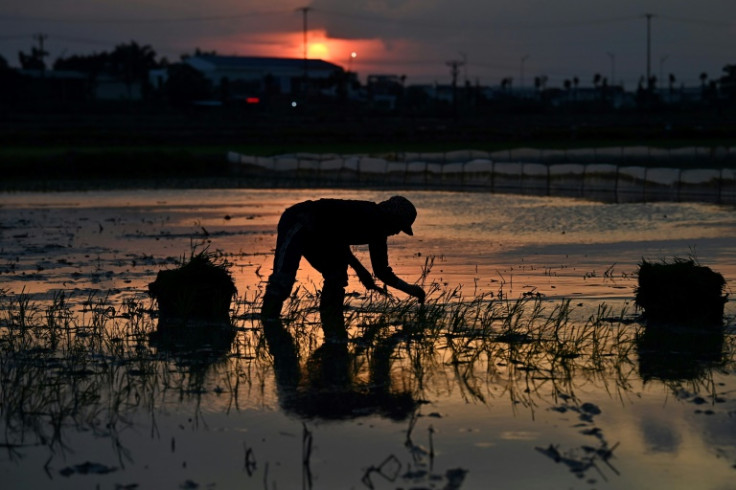Female Farmers And Organic Foods Are Being Hit The Hardest By Climate Change
The current rate of global warming is threatening the production of organic products and the livelihoods of female farmers in vulnerable communities.

Female farmers remain largely unrecognised as leading women in the agriculture sector, predominantly in countries where they make up the bulk of the workforce.
With the current rate of global warming, which measured at 1.18 degrees Celsius over the average temperature predicted for the 20th century, the farming industry has been pushed to new limits.
A study, conducted by a team of researchers, found that the climate crisis has led to increased cases of gender-based violence and inequities.
While many regions of South Asia and Africa are threatened by climate extremes, the researchers named Pakistan, Bangladesh, Mali and Zambia as the four hotspots across the globe, that will be the most impacted by climate change.
The researchers also noted that Southeast Asia is most vulnerable to weather extremes, compared to other regions across the globe.
To identify the four hotspots in low-and middle-income countries, the group of researchers used socioeconomic data and geospatial information.
Combining the severity of extreme weather events and the vulnerability of women in particular regions, the study urged global leaders to invest more in gathering data that improves climate hotspot mapping.
Avni Mishra, a Researcher at the International Rice Research Institute and one of the co-authors who took part in the investigation, said that identifying low-income hotspots where women predominantly work in farming roles, will act as "a powerful visualisation tool for climate change's impact on women in agriculture in the global South".
The study, which was published in Frontiers in Sustainable Food Systems, went on to recognise how the impact of climate change on female agricultural activities is dependent on particular crops and societal behaviours.
Female agricultural workers in Pakistan and Bangladesh, where women are heavily involved in farming activities, have been made vulnerable by the climate crisis' impact on food production.
Cyclones are notorious for devastating areas of Bangladesh and Pakistan. The harsh storms make rice cultivation more difficult, particularly in Bangladesh which is home to three cities that are known for rice farming.
Due to an increase of men migrating abroad, leaving Bangladesh and Pakistan for other nations, female farmers have also been made vulnerable and forced to dominate the collapsing rice farming sphere.
Last year in India, the world's largest rice exporter that accounts for 40 per cent of global rice exports, the government was forced to implement restrictions on rice shipments.
In Mali and Zambia however, regions also known for producing corn and rice, the devastating impacts of climate change on female farmers is due to their vulnerability.
Urging policymakers to recognise the relation between gender inequalities and the impacts of the climate crisis, Mishra said: "Climate finance initiatives need to focus on women farmers as well."
The production of other organic products, such as grapes, blueberries and olives, is also being threatened by the current rate of global warming.
Due to the devastating impacts of the climate on grape farming, last year, it was estimated that global wine production was at the lowest in more than 30 years – according to the International Organisation of Vine and Wine (OIV).
Doubts and wildfires caused a staggering 20 per cent decrease in grape production in Chile, a nation that exports 260,000 metric tonnes of table grapes to the US each year.
In Spain, the world's largest producer of olive oil, severe droughts and increasing temperatures resulted in Spanish olive oil production falling by 50 per cent between April 2022 and March 2023.
Farmers in the UK were particularly impacted by the heavy rainfall that led to waterlogged fields.
In 2023, potato harvests were one of the lowest on record in the UK.
The online journal, Climate, predicts that, if the rate of global warming continues, potato production could decline by more than 32 per cent in the next 45 years.
© Copyright IBTimes 2024. All rights reserved.






